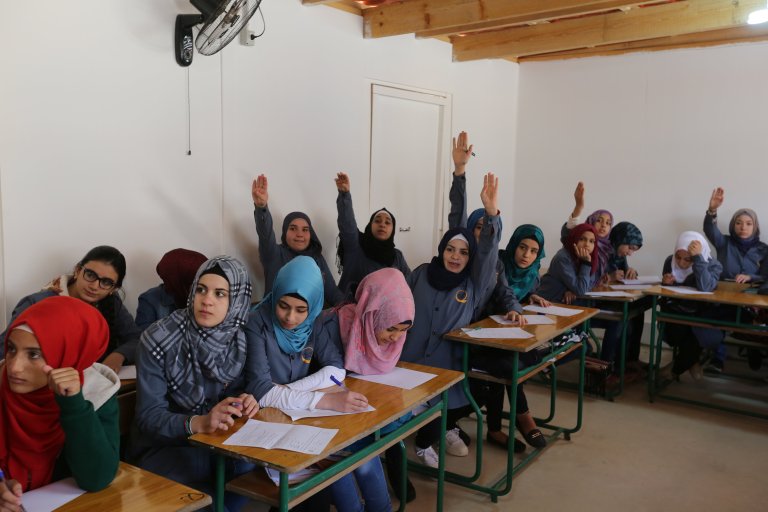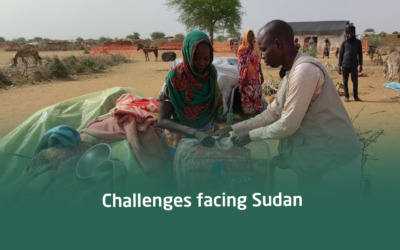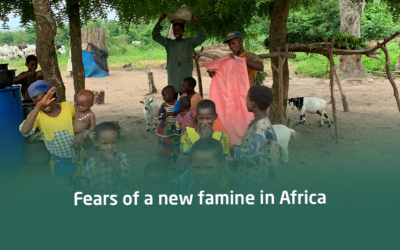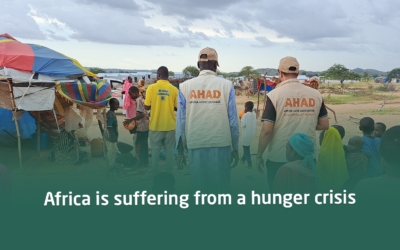What are the most important challenges facing education in Niger
Niger, one of the West African countries, is among the most challenging countries in the world in terms of Education. The education system in Niger faces many difficulties that hinder the provision of quality and comprehensive education for children and youth in the country. These challenges range from poverty and lack of infrastructure, to gender discrimination and unstable security situations, to lack of educational resources and poor government funding. This article will highlight the most prominent of these challenges and review the various factors affecting the education sector in Niger, with the aim of understanding the current situation and thinking about possible solutions to improve education in this country that aspires to a better future.
The impact of poverty on education in Niger
Poverty is one of the biggest barriers to education in Niger, as it directly and deeply affects the ability of families to provide education for their children. More than 40% of Niger’s population lives below the international poverty line, and this extreme poverty is reflected in all aspects of life, including education. The impact of poverty on education can be divided into several main aspects:
Direct education costs
Although basic education can sometimes be free, there are costs associated with it that many poor families cannot afford. These costs include the purchase of school uniforms, books, and other school supplies. These expenses are a heavy burden for families in poverty, which leads many children to drop out of school or not to attend it at all.
School fees
In some cases, there are school fees even in public schools, while in private schools these fees increase significantly. For poor families, such fees are beyond their financial means, which leads to the exclusion of children from getting a quality education, especially if the state school is unable to meet their educational needs.
Alternative income opportunity
In poor families, children often have to work to help their family meet its basic needs. This means that these children may have to give up education to engage in agricultural work, herding cattle, or even work in cities as unskilled laborers. Poverty pushes families to make difficult decisions, often at the expense of Education.
Nutrition and health
Malnutrition and diseases common among children in poor areas affect their ability to learn. Malnourished children cannot concentrate well at school, and are frequently absent due to illnesses. This leads to a decline in academic performance and an increase in school dropout rates.
Educational infrastructure
Poverty limits the government’s ability to build and maintain schools in poor areas. Many villages and rural communities lack schools, forcing children to travel long distances to get to the nearest school. This is sometimes stressful and dangerous, especially for girls, which leads to families ‘ reluctance to send their children to school.

Government support and international assistance
While the Nigerian government and international organizations are making efforts to support education by providing some resources and building schools, these efforts are often insufficient due to the large scale of poverty and the high population. Support programs need sustainable and comprehensive funding that can cover all aspects associated with the education of children in Niger.
Poverty affects education in Niger in multiple and complex ways, making it difficult for many children to get a proper education. To improve the situation, it is necessary to have integrated efforts that include providing direct financial support to poor families, improving the educational infrastructure, providing nutrition and health care to children. Strengthening education in Niger requires international cooperation and local efforts directed towards breaking the cycle of poverty and enabling future generations to have access to equal and sustainable educational opportunities.
Lack of educational infrastructure
Niger has an acute shortage of educational infrastructure, which is a significant obstacle to providing quality education to children and youth in the country. Schools are often overcrowded and insufficiently equipped, which affects the quality of education and the study environment in general. In rural areas, children have to travel long distances to get to the nearest school, which increases school dropout rates especially among girls. This lack of infrastructure hinders access to education and negatively affects the achievement of educational development goals in Niger.
Lack of qualified teachers
Niger has a significant shortage of qualified teachers, which poses an additional challenge to the education system. Even in places where there are schools, the ratio of teachers to students is quite high, which reduces the quality of the education provided. In addition, teachers suffer from difficult working conditions, which include low salaries, lack of constant training and professional support. These factors lead to a decline in the level of education and the difficulty of improving it without providing qualified and well-trained teachers.
Gender discrimination
Gender discrimination poses a major challenge to girls ‘ education in Niger. Local customs and traditions often favor male education over female, which leads to lower enrollment and graduation rates among girls. Girls face the risks of early marriage, which often interrupts their education and hinders their chances of achieving a better future. These issues should be addressed by promoting awareness of the importance of girls ‘ education and providing the necessary support to ensure their continuation in education.
Security situation
The unstable security situation in some regions of Niger, especially in the border areas near Mali and Burkina Faso, negatively affects education. Terrorist activities and armed conflicts lead to the closure of schools and the displacement of the population, which disrupts the educational process. Children in these areas often find themselves outside the education system for long periods, which affects their academic achievement and educational future.
Lack of educational resources
Schools in Niger suffer from an acute shortage of educational resources such as textbooks, study materials, and scientific laboratories.
You can visit the AHAD website to find out more about the projects it offers
ALSO READ
WHAT THE FOOD BASKET CONTAINS IN AHAD
Join us in our message




